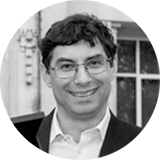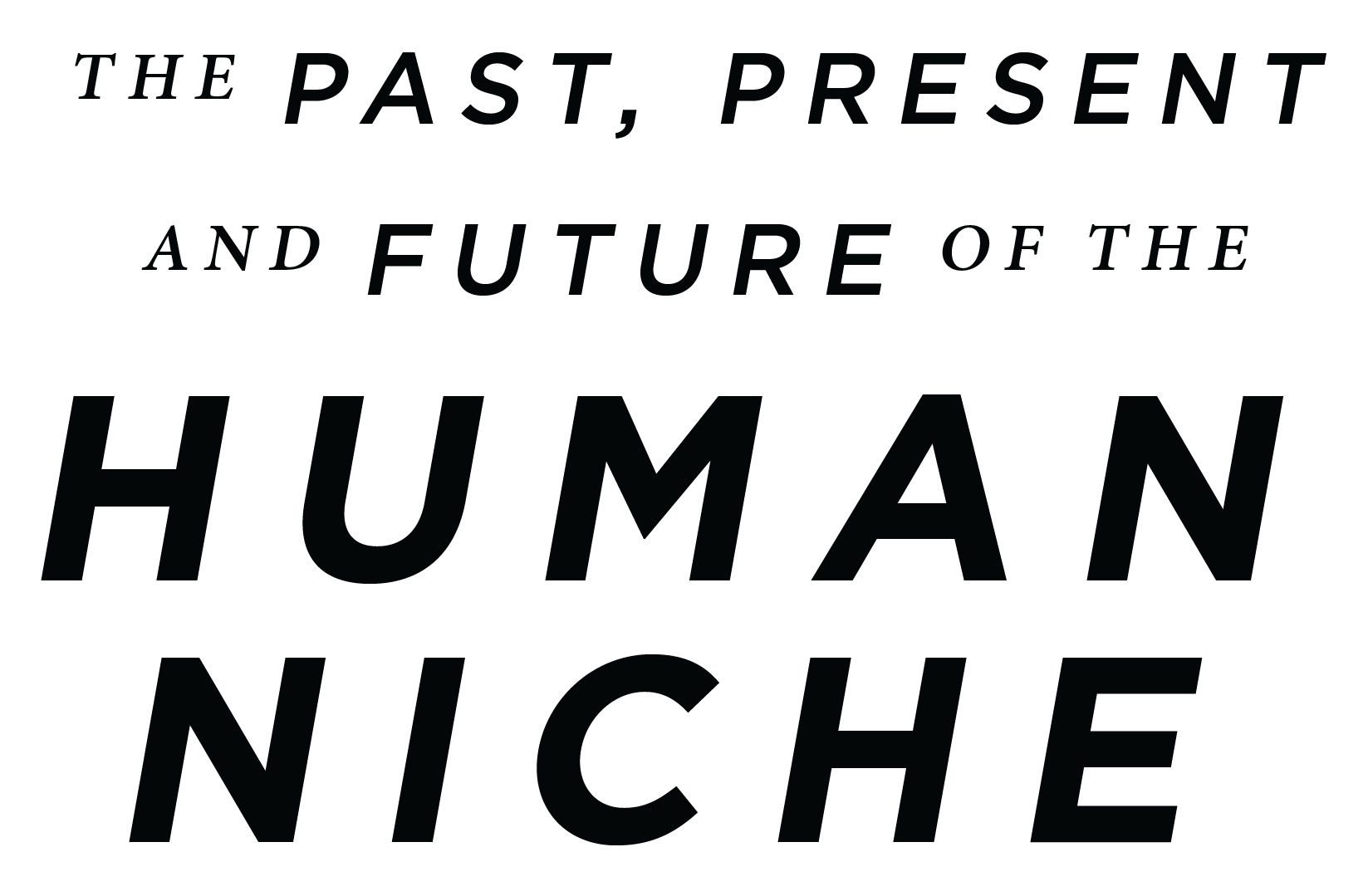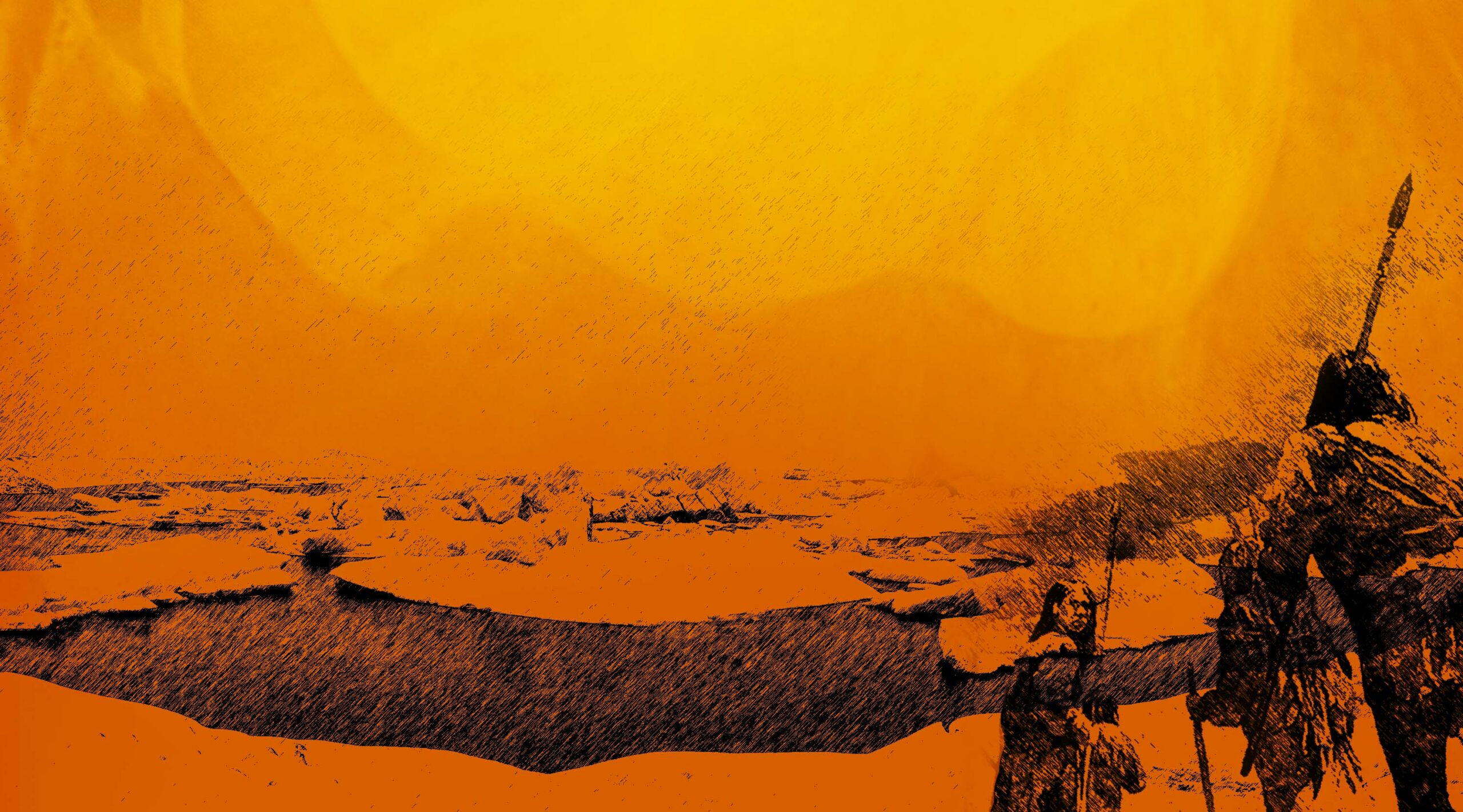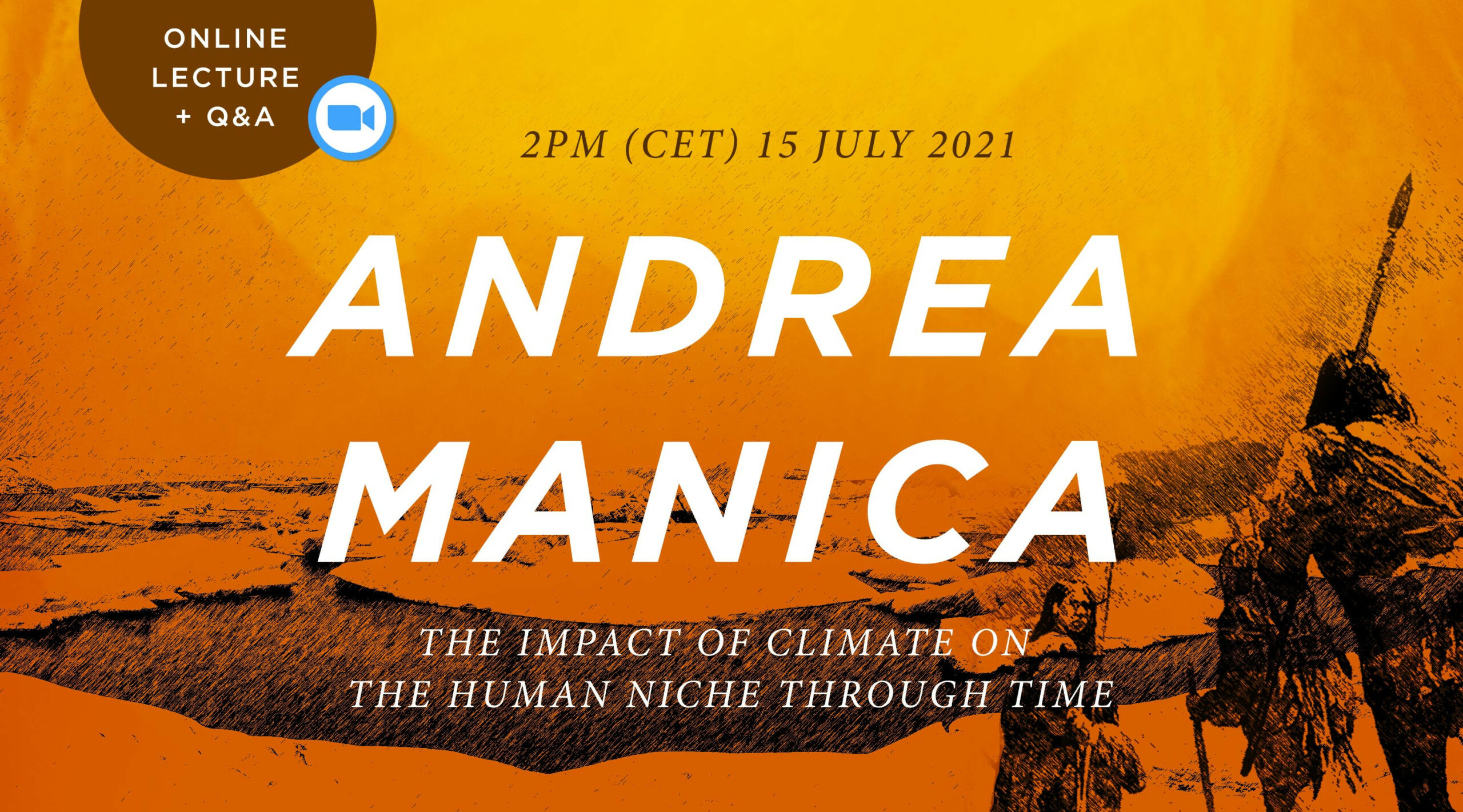The impact that climate has had on the construction of the Human Niche in the past can highlight the importance of climate in humanity’s story now, and even give us some insight into the future.

Professor Andrea Manica began his studies in the Zoology Department at Cambridge University, and is now the leader of the Cambridge Evolutionary Ecology Research Group. His research focus is primarily on how certain processes – such as changes in climate – affect the biology of individuals and populations. Genetic data helps us tell the story; and mathematical and statistical modelling allows that story to expand – and sometimes diverge from the traditional narrative. In this brief talk, Professor Manica covers a huge amount of ground in time and in space; but we’re left with a fascinatingly complex picture of the development of our Human Niche. On the panel with Professor Manica are Professor Eleanor Scerri, leader of the Pan-African Evolution Research group here at MPI-SHH Jena; Dr. Yiming Wang, also from our own Institute, but in the Archaeology Department; Dr. Huw Groucutt from the Extreme Events Research Group at the Max Planck Institute for Chemical Ecology; Professor Tim Kohler, Regius Professor of Archaeology and Evolutionary Anthropology at Washington State University; and, of course, our own Director here, and the creator of this online project, Professor Nicole Boivin. We hope you enjoy the talk!
About Prof Andrea Manica
Prof Manica’s research focuses on understanding patterns of individual movement, with an emphasis on disentangling its proximate mechanisms (e.g. grouping behaviour, territoriality, migratory behaviour, etc.) and its ultimate causes (e.g. fitness benefits, selection in metapopulations). Work in his group can be split into three broad areas: the study of the costs and benefits of individual movement strategies, including their role in collective decision making; the reconstruction of movement using population genetics, including the role of natural selection in allowing colonists to adapt to new environments; and the spatial ecology of species interactions, including disease dynamics. His research often involves the use mathematical and statistical modelling to make inferences from large ecological and genetic datasets, but also includes a number of field projects scattered around the world.
You can follow him on Twitter.





